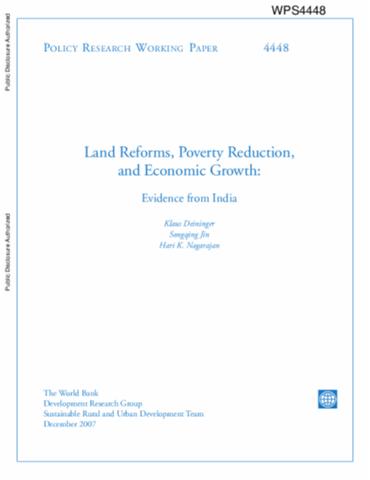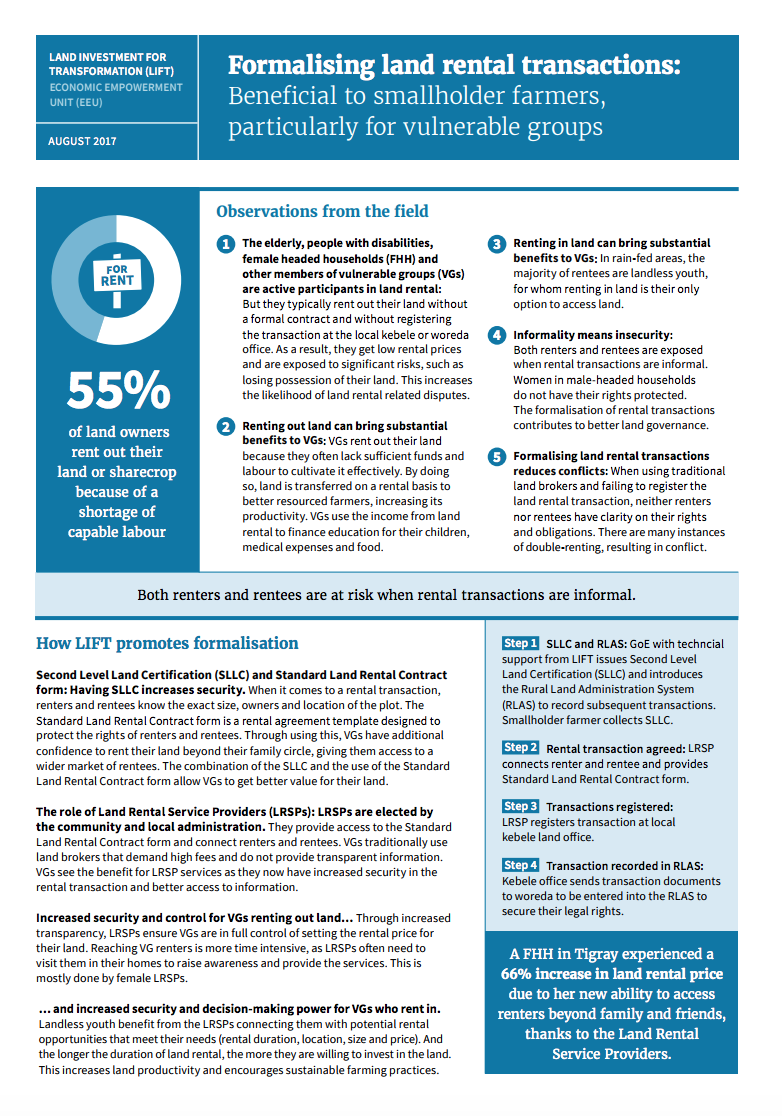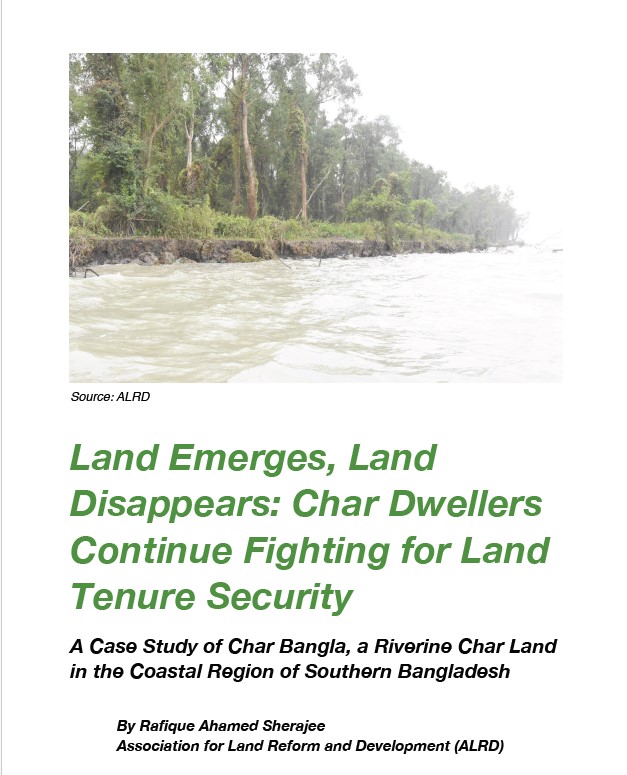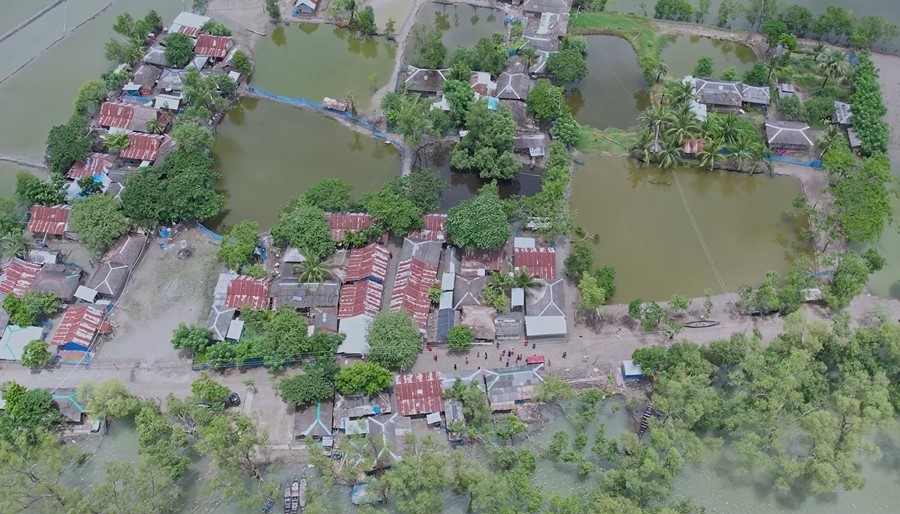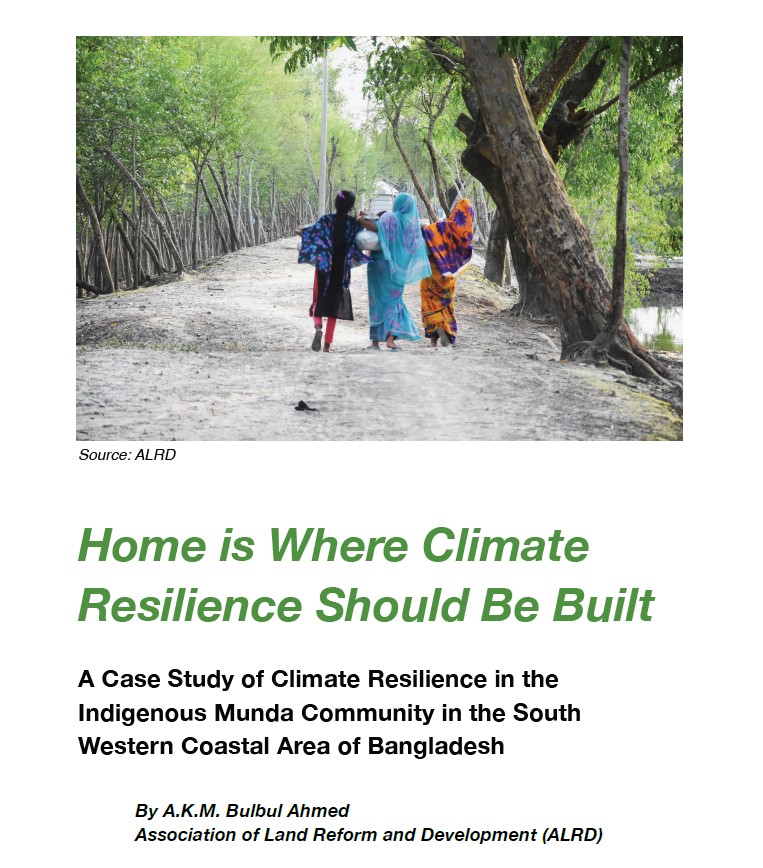Poverty dimensions of irrigation management transfer in large-scale canal irrigation in Andhra Pradesh and Gujarat, India
A growing body of evidence on the impacts of irrigation management transfer (IMT) shows that IMT risks aggravating rural poverty. For governments that aim to continue irrigation management while ensuring that it contributes to poverty alleviation, a "pro-poor" mode of IMT needs to be designed and implemented. That is, a mode of IMT that benefits poor farmers while benefiting non-poor farmers equally, or perhaps to a lesser degree. The present research explores the scope for pro-poor modes of IMT in canal irrigation, focusing on large-scale canal irrigation schemes in India.


